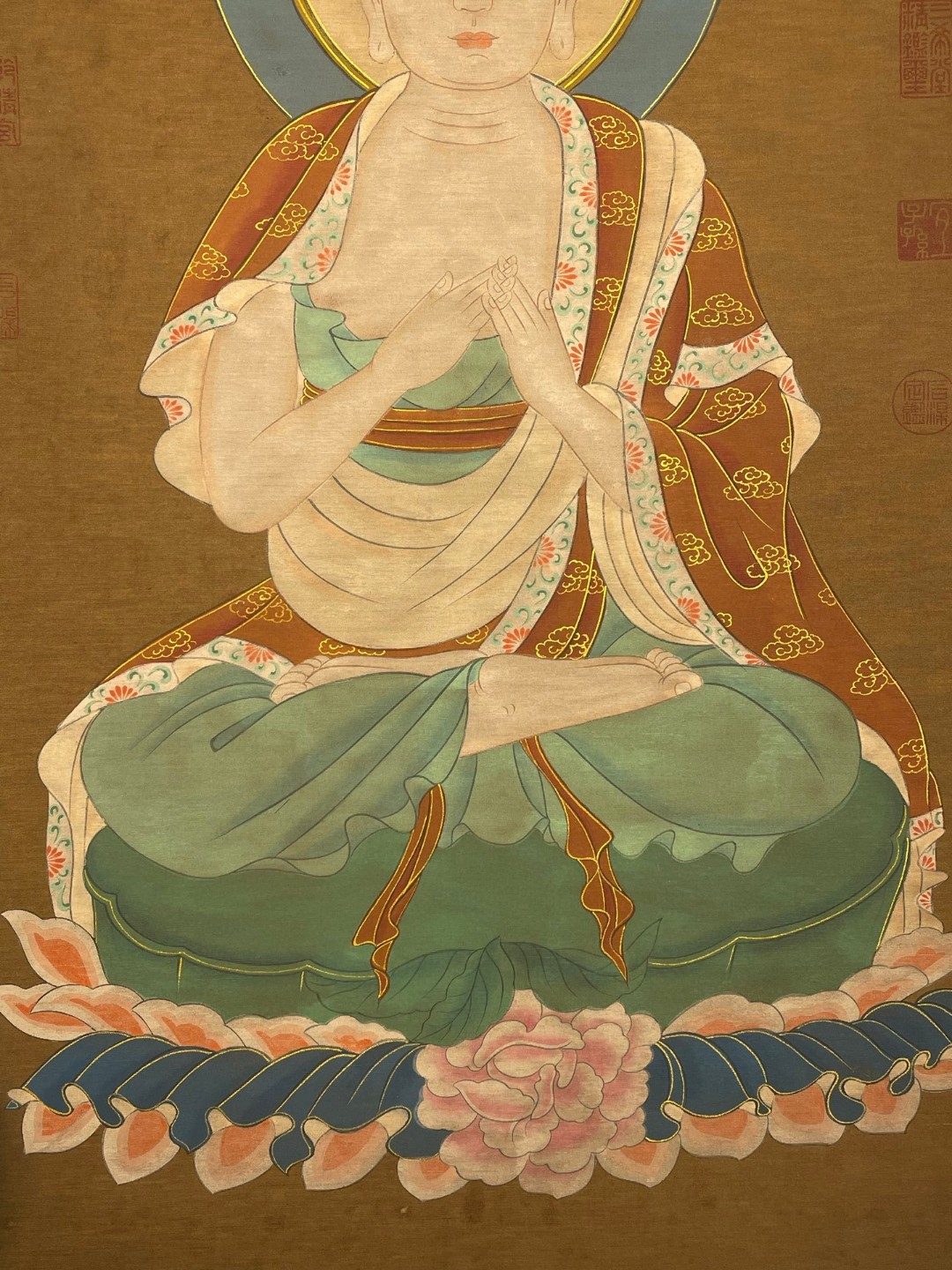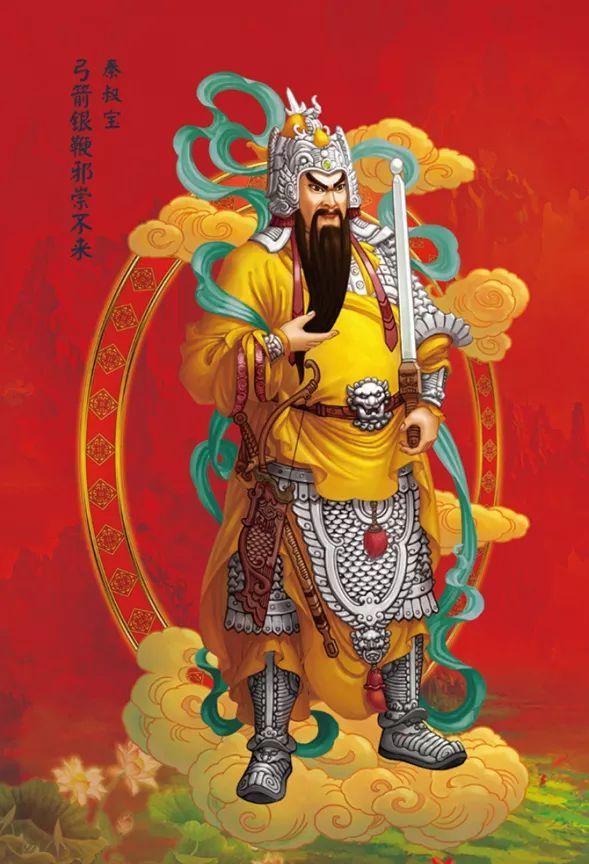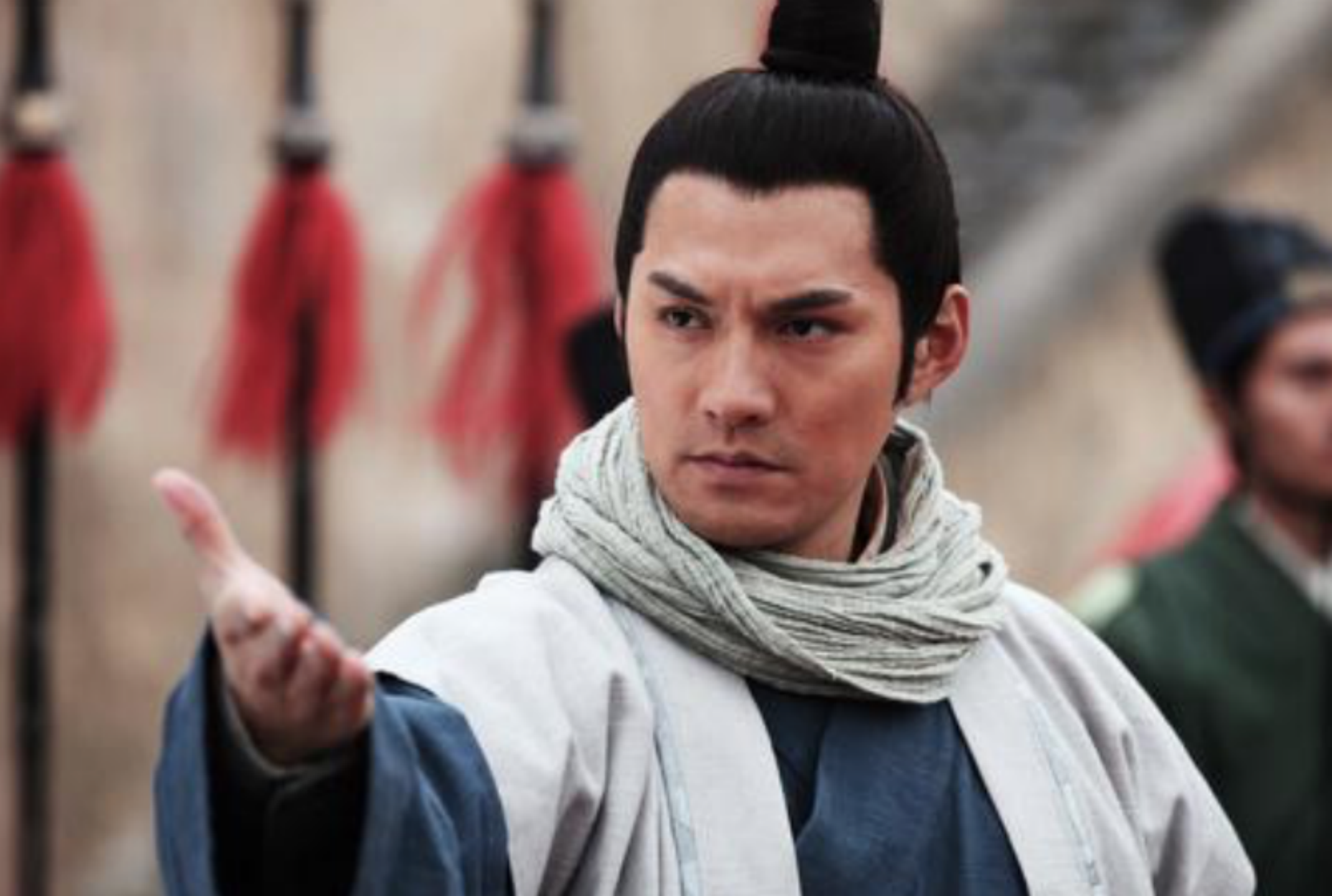Many people are not familiar with the Chongzhen period of the Ming Dynasty. Let’s follow the editor of the History Encyclopedia to appreciate it together.
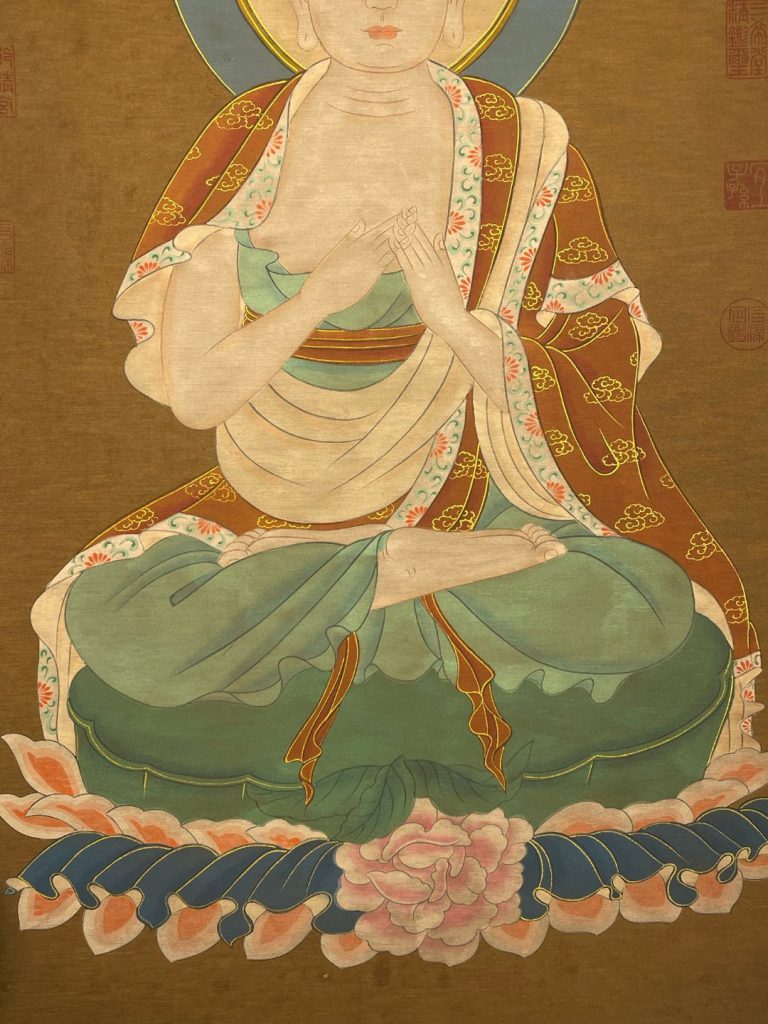
There is a phenomenon in Chinese history that all rulers who have lost their countries do not have a good reputation, because history was written by someone who replaced them. So why do you say hello?
But Chongzhen was almost the only exception. He was not a ruler of a fallen country, and all his ministers were ministers of a fallen country. Later on, this theory was accepted by later generations. Chongzhen was a good emperor, and his posthumous title was Emperor Sizong Liehuang. “Si” means nostalgia, and “Liehuang” means sacrifice for the country. What a noble image.
Emperor Chongzhen was first and foremost very frugal, and his empress wore cloth clothes throughout the year. And he was also very diligent. In the entire Ming Dynasty, except for Zhu Yuanzhang, perhaps only Chongzhen worked for more than eight hours a day. In the Confucian ideal, this was an excellent emperor.
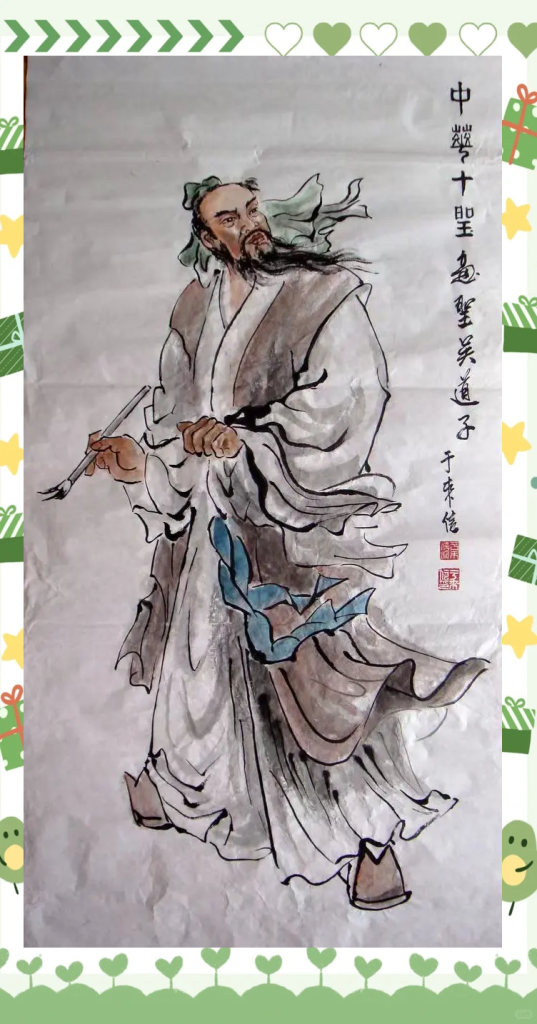
But upon closer inspection, Emperor Chongzhen had a major issue, which was his poor relationship with his courtiers. This is a tradition of the Ming Dynasty, but there are differences. Zhu Yuanzhang had a bad relationship with the founding heroes and was not good at dealing with corrupt officials at the bottom if he wanted to kill these dangerous great heroes of the Zhu family and the world. Emperor Jiajing was also known for having poor relationships with his ministers, but mainly as low-level officials. Emperor Wanli did even worse. You are nothing, I don’t go to court, I don’t even see you.
But Emperor Chongzhen had a bad relationship with middle-level officials, which was an isolated case in the history of the Ming Dynasty, and even in the entire history of China.
One Bitter and ungrateful
Sun Chuanting was a remarkable civil servant and military general during the late Ming Dynasty, very powerful. Back then, he and Hong Chengchou fought against Li Zicheng, destroyed Zhang Xianzhong, and even captured Gao Yingxiang. Li Zicheng was almost destroyed by him.
Later, Emperor Chongzhen suspected him of feigning illness and arrested him, even intending to kill him at one point. Finally, thinking that there were not many people who could fight, Sun Chuanting was appointed again. At this time, Sun Chuanting had just come out of prison and did not understand the situation on the front line. She thought that Li Zicheng’s strength was still the same as before, so he boasted to Emperor Chongzhen that if he gave me 5000 elite soldiers, I would destroy him.
Emperor Chongzhen immediately provided 5000 elite soldiers. Sun Chuanting went to the front line and saw that in just a few years, Li Zicheng’s team had grown to the level of a tsunami. Immediately report to the court that it is impossible to handle 5000 elite soldiers and more personnel need to be dispatched.
Chongzhen said, aren’t you saying that 5000 is enough for yourself? If not, take five thousand. I forced Sun Chuanting to use these 5000 soldiers and horses. What kind of elite soldiers were there at that time?
Basically, they were newly recruited soldiers who died in the Battle of Tongguan, wrapped in horse leather, very heroic.
Emperor Chongzhen was only angry. He said Sun Chuanting shouldn’t have run away, right? No compensation will be given to generals who died in battle, and no benefits will be given to ministers who died on the battlefield.
II Not taking responsibility
Emperor Chongzhen had a second flaw, which was that he did not take responsibility. All responsibilities were subordinate to him. As the highest ruler, he was simply called the highest person in charge. What is a person in charge? You have to take responsibility.
Ke Chongzhen is not like that. Chen Xinjia, the Minister of War, conspired with him and said that our main enemy is Li Zicheng, right? Let’s negotiate with Later Jin and not fight with Liaodong, okay? Chongzhen said you go, you go negotiate.
Later, the negotiations finally came to an end, but Chen Xinjia made a mistake and leaked the information. How can we surrender and negotiate?
As a result, Emperor Chongzhen breathed a sigh of relief and finally found an excuse to kill Chen Xinjia. The Minister of War, and at that time, he was one of the few ministers in the Ming Dynasty court who claimed to be knowledgeable about military affairs.
III highly emotional
And Emperor Chongzhen also had a major flaw in his personality, which was that he was not very rational and sometimes very emotional. For example, he has repeatedly issued self incriminating edicts throughout his life, stating that war is not an option. He has been very aggrieved and sincere in his actions, admitting his mistakes to the world. But after admitting his mistake, he held his breath and made a fire. Later historians discovered that every time he issued a self punishment decree, he would find fault and kill someone.
At that time, there was also a time when Huang Taiji broke through the barrier, surrounded and robbed the city of Beijing, and then people left. After holding his breath, he issued a self punishment decree and then set his sights on a friend named Wu Changshi. Emperor Chongzhen insisted that you colluded with eunuchs and controlled the government. Isn’t it you, Emperor Chongzhen, who controls the government?
They didn’t admit it, and Chongzhen, in front of all the cabinet elders, used a staff to break this guy’s leg on the spot. There were so many bastards in the Ming Dynasty emperors, but they broke the leg of a minister on the spot, which may have been the only time in the Ming Dynasty.
So from this incident, you can tell what kind of personality Emperor Chongzhen was. In summary, he came to this conclusion.
Let’s take a look at the entire seventeen year history of Chongzhen, the Grand Secretary. The Ming Dynasty killed four of them, and he killed two alone. There were fourteen officials of the Ministry of War, five of whom he personally killed, and four of whom were dismissed, sent to court, imprisoned, and so on. Then, the high-ranking officials above the second rank personally killed more than twenty people. Even once, it was Huang Taiji who caused him trouble again. After leaving, he was really angry and arrested dozens of ministers and took them to the vegetable market to be beheaded. At that time, ministers would curse at him on the execution ground.
In a society of imperial power, when a minister curses the emperor, it shows how cold the minister has become towards the emperor. To put it simply, you’re the only one who does our work well or poorly. You don’t give us any benefits, and you don’t take all the responsibility. I’ll take the blame even if I die. You’re not even as good as Tang Monk. And you play with me like this, using emotional thinking. Who would be good to you?
That’s the problem.
